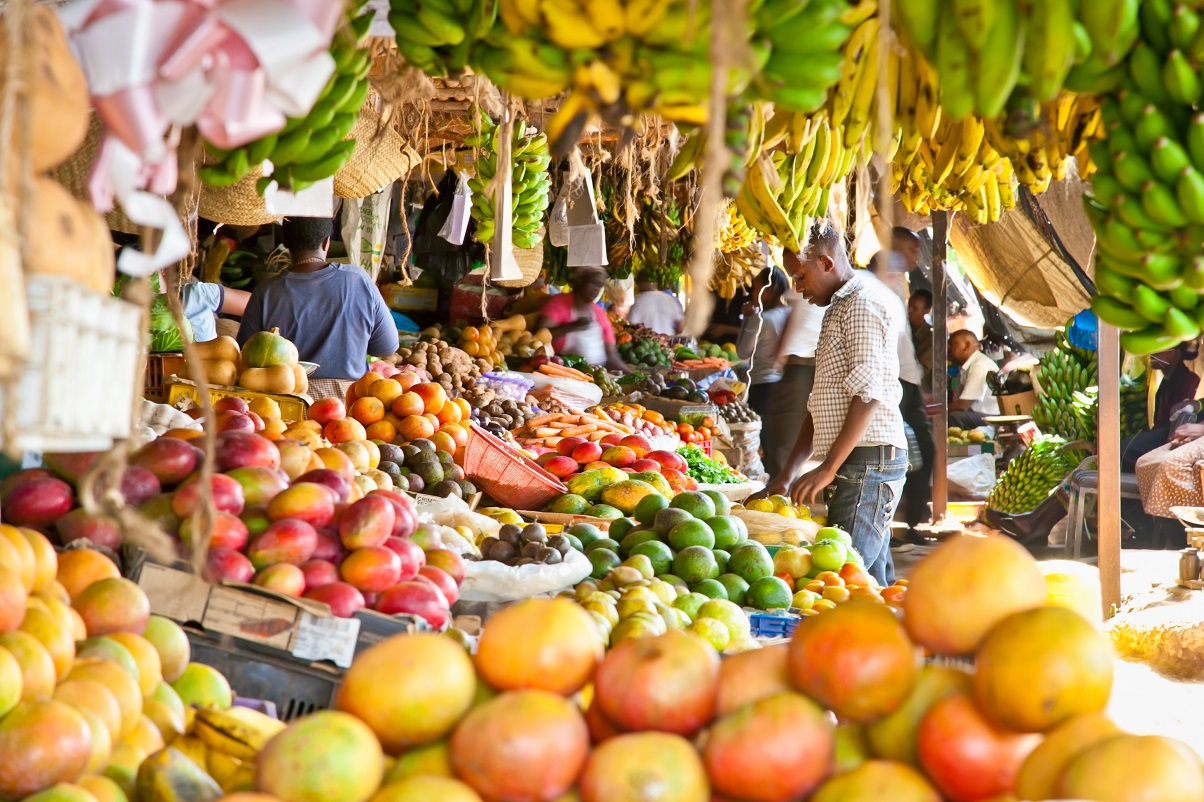Health CS Mutahi Kagwe has an uphill task convincing Kenyans who believe that the covid-19 coronavirus not their disease since it is life as usual.
In the markets, especially, many Kenyans are working as usual insisting on payments in cash and not observing social distancing.
A typical case is the Kawangware Market in Dagoretti where it is normal life for operators. During a visit on Friday, which is the market day, nothing has changed apart from the sporadic masked buyer here and there while the sellers are doing business with abandon.
Read: High Return Businesses to Invest in Post-Coronavirus
One of the vendors at the market who sells vegetables said that she could not accept mobile money payments since buyers are costing her.
“It is impossible to deal with people you cannot trust. They come to you, buy stuff and pay via M-Pesa. However, when you check later you find that the transaction has been reversed. It is hard doing business already as it is and now adding on to the losses makes it hard. Pesa ni kuiona kwa macho,” says Jane.
Another seller who stocks tomatoes says that he cannot use mobile money since he has no phone. As absurd as it sounds, the vendors will resort to all kinds of excuses to ensure that they maintain the status quo.
“Mimi sinanga simu. Nunua chenye unanunua unipe pesa. Hiyo ndiyo ilinileta hapa,” says the tomato vendor.
In the fight against the covid-19 coronavirus, the government has asked Kenyans to adopt a cashless economy but it continues to face hurdles.
On March 15, President Uhuru Kenyatta urged Kenyans to limit using cash in a bid to tame the coronavirus spread.
He said, “In order to avoid the risk of transmission through physical handling of money, we encourage the use of cashless transactions.”
See: Why Now is the Best Time to Invest in Real Estate
The matatu industry has for long been the litmus test for the shift from cash but it has been a major challenge for those trying to implement the system. Only recently has Safaricom managed to loop in some operators using the campaign to enlighten people against the virus spread.
As for commuting, nothing has changed on the routes where the matatus are operating.
The Health CS had directed the operators to not fill up their vehicles with passengers but the regulations are being flouted blatantly.
Some matatus are still packing passengers like sardines while the passengers themselves are without the masks which have become rare to find in the market.
“I am also appealing to those in the transport industry to observe the hygiene measures which we have already announced to you. Matatus should carry the required passengers to maintain social distance, provide sanitizers and their vehicles should be disinfected regularly,” he said when briefing Kenyans on March 31.
As it is, it seems that Kenyans are yet to appreciate the enormity of the disease and the challenges it poses to the masses.













Leave a comment